“Unproductive” farmland and semi-natural habitats on farmland should be considered eligible for payments, a new report has stated.
The report is fundamentally a review of the National Biodiversity Action Plan, undertaken by a group of independent experts in the Biodiversity Forum.
“Certain landscape features and semi-natural areas are currently ineligible for farm payments but some of these areas are Natura 2000 sites and therefore extremely important for biodiversity,” the report reads.
“Farmers should be rewarded for managing these areas.
“Furthermore, semi-natural habitats on farmland (currently considered “unproductive” areas) should be eligible for payments.”
Training
Other recommendations included improving training for agricultural advisors and farmers to help them recognise and maintain biodiversity on farmland.
The report also states that while some smaller agri-environment projects have been successful in supporting biodiversity, they needed to be scaled up.
Criticism
Overall, the report was critical of various Government departments and agencies which it states are failing to align the aims of international policies such as the EU Green Deal and Biodiversity Strategy.
It also pointed out that Ireland was failing to reach legally binding targets agreed as part of the Water Framework Directive.
Furthermore, it advocated for the cessation of turf cutting.
“The proposed Wildlife Amendment Bill, if passed, could result in the de-designation of blanket and midland bog natural heritage areas [NHAs] to allow for the termination of turf cutting in bogs in special areas of conservation,” it said.
“Instead, the Government should implement bog restoration in NHAs and cease turf cutting. In addition, there are several proposed amendments which are equally destructive to NHAs.”
Looking ahead the report said that more emphasis should be placed on biodiversity on farms in the next CAP.
Minister for Heritage and Electoral Reform Malcolm Noonan welcomed the findings by the group and said he had more than doubled its annual funding to €25,000.



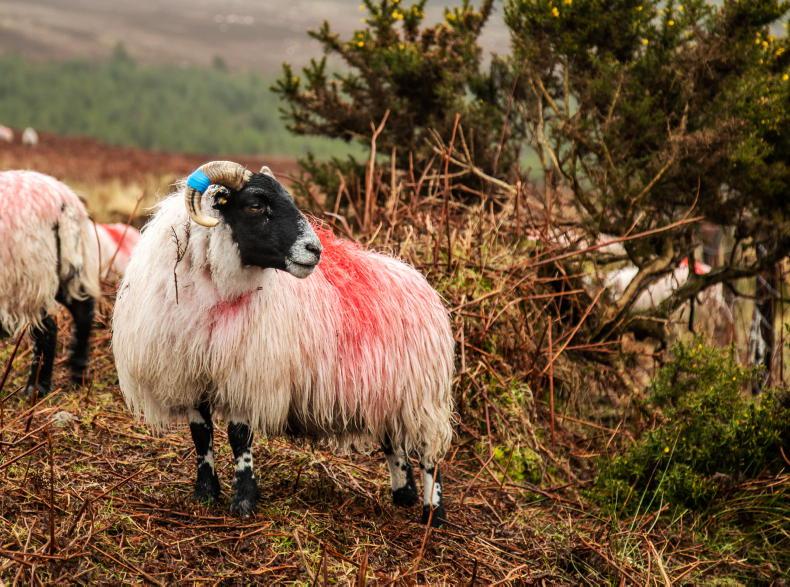

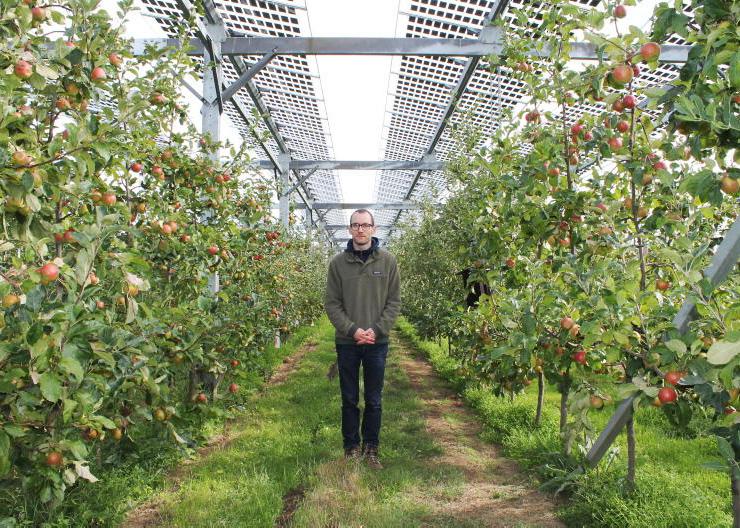

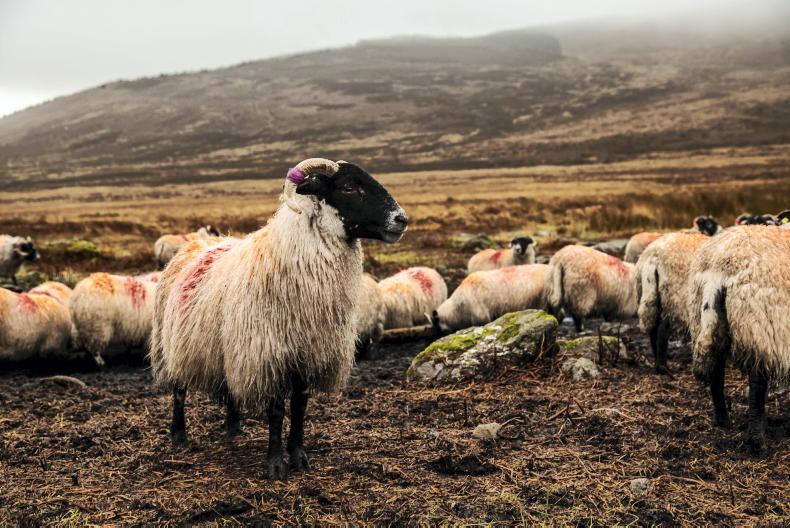
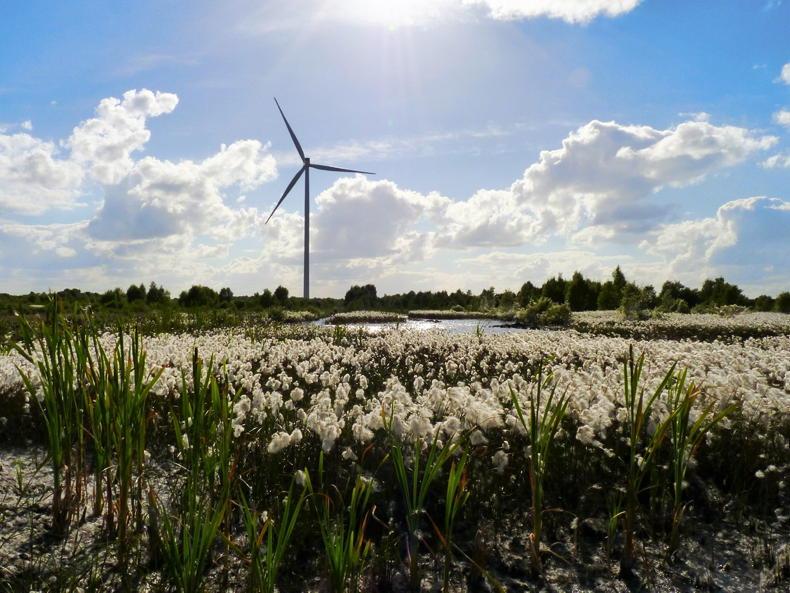
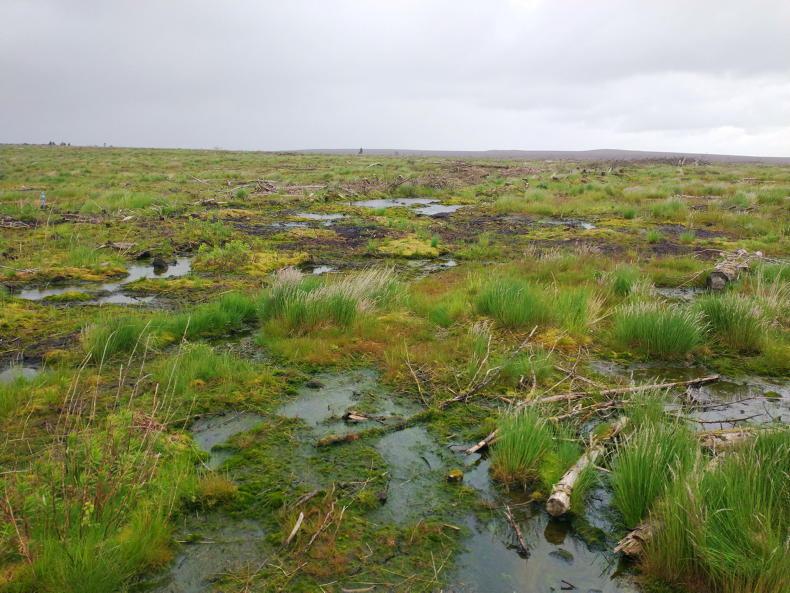
SHARING OPTIONS